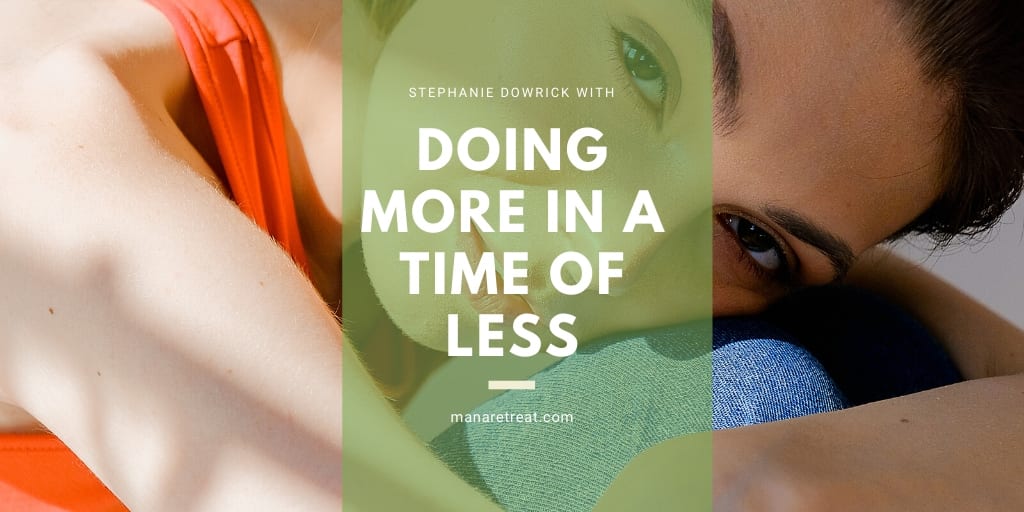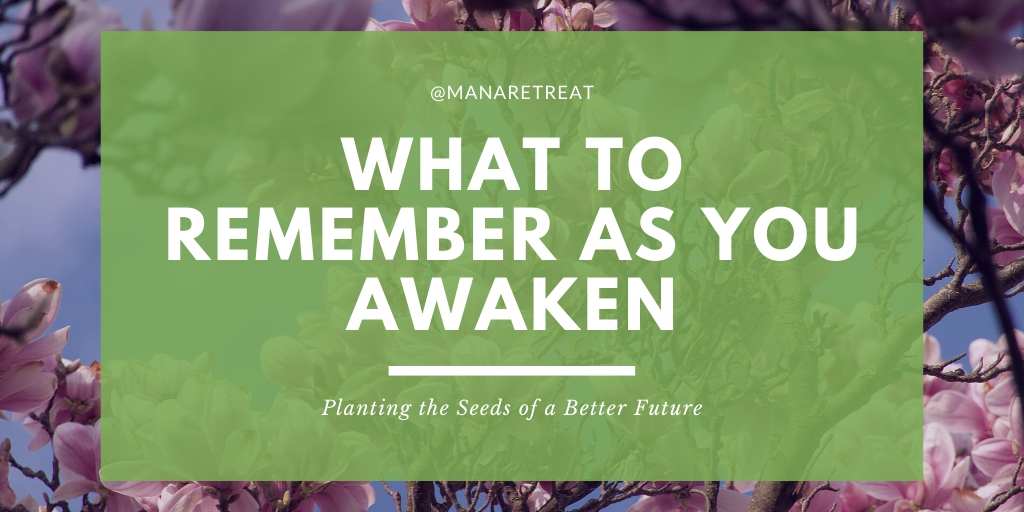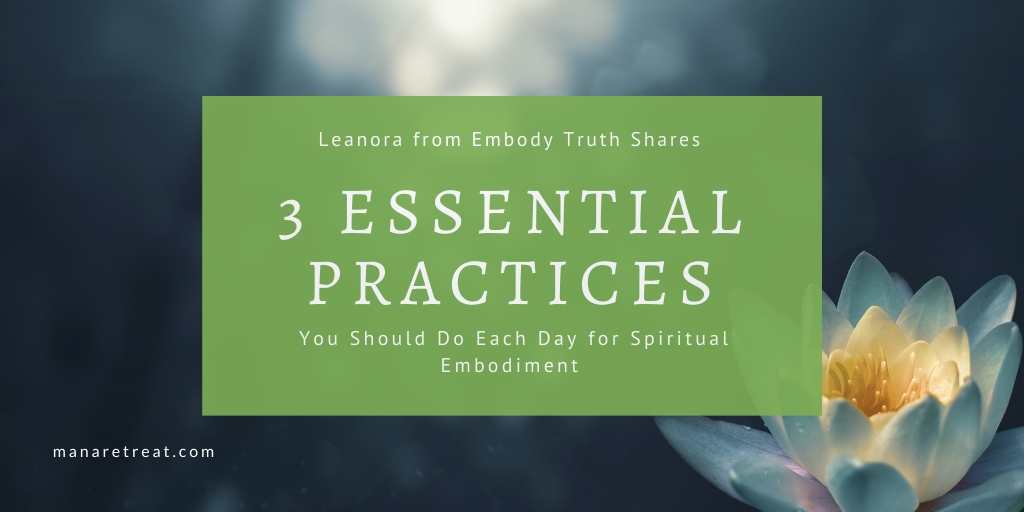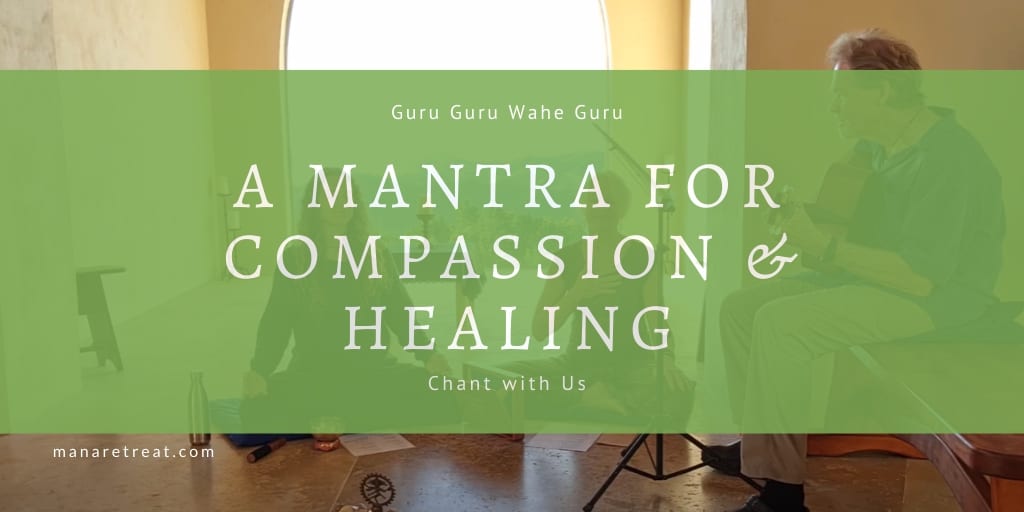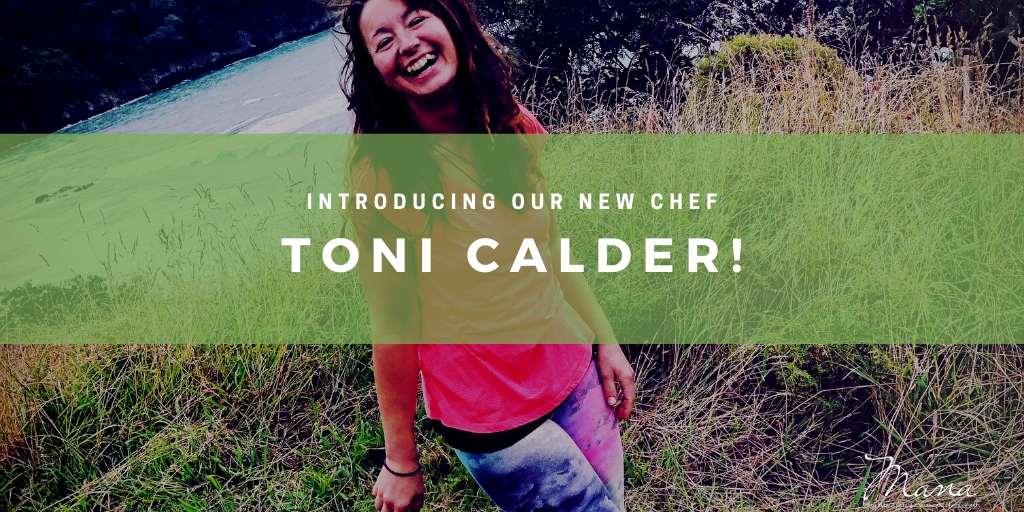The losses in this time of COVID19 crisis are very real. Loss of life is worst beyond comparison.
But also, for millions, losses of paid work, economic security, housing, emotional stability and – in some cases – of valued relationships. So how should we respond to create a better future as well as present moment?
Any aspect of life that was already under strain will be further stressed. That will already be evident. The temptation then may well be to withdraw into our private cocoons, grumbling when the Government or the restrictions on what we thought of as normal life most enrage or deflate us. Add to that, our concerns for family members, friends, or members of our community whose lives have been devastated in a matter of weeks. In my own family we are a mix of “creatives” – work there now a cruel mirage – or “medicals” whose work puts them in significantly greater danger than the wider community is experiencing. But even as I write this, I know how fortunate we are to have resources of care, that we have homes, that none of us is forced into instant poverty or homelessness or despair.
From my many years of writing on psychological and spiritual matters, working as a psychotherapist and minister as well as a writer, I know what the temptation to withdraw feels like. I am feeling it too. Yet, ironically, at this unprecedented time of social distancing we need more than ever to choose far more conscious engagement and deliberate, meaningful activity. This is what will support us not at this moment only, but into the future that we are at this very moment creating.
Conscious engagement and meaningful activity will mean different things to each of us. We seldom talk these days of “will” or “good will” or even “God’s will”, yet they remain life-changing concepts. What they add up to is an awareness of choice. More precisely, an awareness that we are making choices constantly and inevitably – but are we making those choices or responses and behaviours thoughtfully or consciously? Are we simply reacting out of habit or mental conditioning? Are we seeing something, anything fresh in a fraught situation, and allowing our vision of what’s possible to expand? Perhaps most vitally, are we reducing ourselves to a place of powerlessness, or are we resisting that?
Those are deeply personal enquiries. They take time to consider. And yet how or whether we face into them will have a profound impact on the world around us. That’s because in this time of physical distancing we cannot escape the fact that we are individuals, certainly, but we are also social beings living in a state of inevitable interdependence. Each of us affects and influences others, however powerless we may feel. Our choice then is HOW we influence others, for better or worse. The consequences of our choices matter way beyond ourselves. The personal is, yes, highly “political”.
In my spiritual teaching (and learning), I have often used the words of Einstein: “Our task must be to free ourselves by widening our circle of compassion to embrace all living creatures and the whole of nature and its beauty.”
The “freeing” Einstein is referring to, dare I say, is the stark delusion that any of us is an island. Or that only “my” needs matter, and not yours. As we turn from that kind of pernicious thinking – that so gravely divides us from one another, that says some are “entitled” to enough for multiple lifetimes and others to nothing at all – we certainly widen our “circle of compassion”. But we do more than that: we claim and reclaim our power to give and receive the depth of support we ourselves need.
We cannot benefit others without benefitting ourselves. We cannot harm others without radically diminishing ourselves.
Conscious engagement and meaningful activity bring this to life. So does conscious, willed (“good will”) choosing. Passivity and resignation are not our friends. They are quite different mental and emotional “states of mind” from acceptance or detachment. Those latter qualities allow us to see what is…to look into what is…and to use our wisdom and life experience to choose our responses.
Here at Pearls & Irritations, readers already have a raft of opportunities for more and more conscious social and community activity. Where you read something that you find moving, inspiring or meaningful, go beyond “reading” – share, discuss, send it on to friends. Widen your circle of compassion. Use social media as never before. Use email to forward articles. Use your empathic imagination: “Who would benefit from reading this?” Reach out. Jump from reading to writing…at least by adding comments here. Those add up to conversations unlimited by “distancing”: they can be immediate, passionate, empowering. (You can also engage by financially supporting P&I through a modest monthly donation – see below.) This adds up to civic or political engagement in a very real sense: the power is ours.
My own ministry – or wider engagement with what universally supports and unites us – has been through writing books as well as workshops, retreats, services and shorter articles and commentary. Writing serious books is the most contemplative work any of us can undertake. It’s also a continuing conversation. Reading and re-reading what inspires is profoundly helpful. Again though, don’t stop there. Share with others what you are discovering. Ask them to share with you. On Twitter, I spend far too much time howling at the moon. Nonetheless, I also gain from that medium. Perhaps you can, too? On my public Facebook page, I am more mindful of the encouragement we all need. As I consciously encourage others there, I consciously encourage my own self. Nothing could demonstrate to me more starkly how much we need one another. And that giving and receiving are an unbreakable circle of experience.
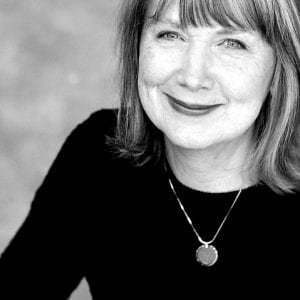
Rev Dr Stephanie Dowrick has written many books, including Seeking the Sacred, Choosing Happiness: Life & Soul Essentials, and Intimacy and Solitude. You can find her on Facebook as well as stephaniedowrick.com. Her books are published in Australia by Allen & Unwin.

